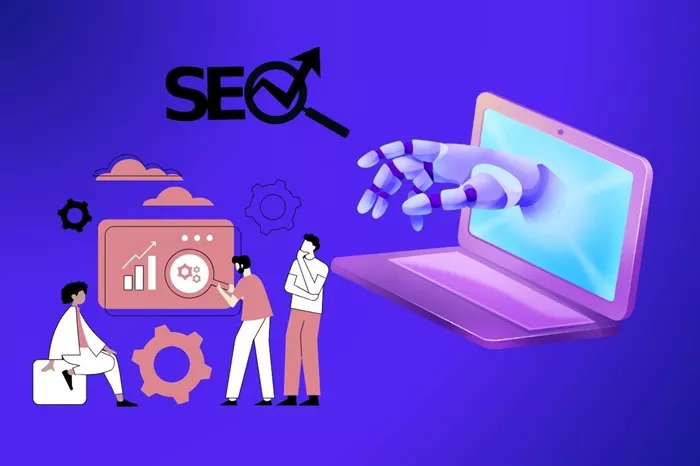In the past year, artificial intelligence has fundamentally changed how people interact with search tools. Steve Liu, writing for Search Engine Land, explores how AI is redefining both the meaning of SEO (Search Engine Optimization) and the role of traditional search engines. As AI systems become more integrated into daily digital behavior, they are not just altering how users find information but also what they expect from search platforms. This transformation is creating a clear distinction between traditional search engines and emerging AI-driven tools.
The Rise of Answer Engines
Historically, users turned to search engines like Google to find webpages that might contain the answers they were looking for. This process typically involved skimming through links, reading multiple pages, and piecing together relevant information. However, with the introduction of AI-powered platforms like ChatGPT, Claude, and Perplexity, users are now being offered complete, coherent answers without the need to click through to external websites.
These tools function more as “answer engines” rather than traditional search engines. Instead of listing a set of links, they summarize information and deliver it directly to the user. This shift is changing user behavior; people are becoming more reliant on AI tools to interpret and contextualize data for them. As a result, the expectations for search functionality are evolving rapidly.
Redefining SEO in the AI Era
This transformation has profound implications for SEO professionals. In the traditional SEO model, the goal was to rank as high as possible on search engine results pages (SERPs) for specific keywords. Website owners optimized content to match search intent, build backlinks, and improve site speed—all to satisfy search engine algorithms.
Now, with AI-driven tools generating their own summaries and answers, the visibility of original sources may be reduced. SEO is no longer just about ranking for keywords; it’s also about ensuring content is authoritative and structured in a way that AI can understand, extract, and potentially cite. This requires a new kind of optimization—one that considers how large language models interpret and use web content.
Changing the Nature of Discovery
Another key change is how users approach information discovery. Traditional search engines encourage exploratory behavior: users refine their queries, browse different sources, and gradually zero in on the information they need. AI systems, by contrast, streamline this process by providing a direct answer based on a synthesis of many sources.
While this efficiency is valuable, it also shifts control away from the user. They see only what the AI deems most relevant, often without clear attribution to the original sources. For publishers and content creators, this raises concerns about visibility, credit, and traffic. Some platforms are experimenting with linking back to sources or offering citations, but the norms are still evolving.
Implications for Content Creators and Marketers
For content creators, the rise of AI-powered search means rethinking how content is structured and presented. Clear, concise writing with well-organized data is more likely to be picked up by AI systems. It also means emphasizing trustworthiness and accuracy, as AI engines are more likely to cite reputable sources.
Marketers, on the other hand, must adapt to a world where traffic may come from indirect channels or not at all. Traditional metrics like page views and bounce rates may lose relevance if AI tools become the primary way users consume information. Instead, the focus may shift toward brand recognition and authority in AI outputs, which are harder to quantify but critical for long-term success.
Conclusion
We are entering a new era where traditional search engines and AI answer engines coexist, each serving different user needs. Search engines remain powerful tools for exploration and discovery, especially when users want multiple viewpoints or deep dives. Answer engines, meanwhile, offer convenience and clarity, particularly for straightforward or factual queries.
For the SEO industry, this means embracing change and developing new strategies that account for AI’s growing role in information delivery. It also means acknowledging that the definition of “search” is no longer static. As AI continues to evolve, so too will the expectations, behaviors, and opportunities associated with finding and sharing information online.
Related Topics
- New SEO Poisoning Campaign Targets IT Admins with Malware
- 15 Methods to Optimize Your Company’s Website and Boost SEO
- Google Updates Image SEO Best Practices for Consistent URLs

